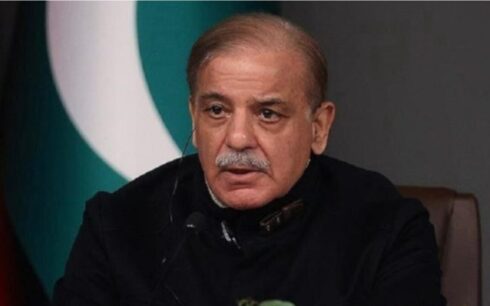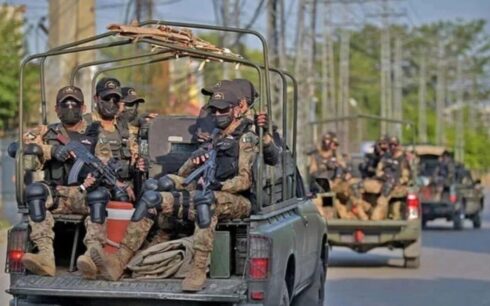ISLAMABAD — Pakistan’s ongoing political turmoil has reached a critical juncture, with an analyst warning that the confrontation between the government and supporters of jailed former Prime Minister Imran Khan leaves little room for compromise.
Marvin Weinbaum, Director for Afghanistan and Pakistan Studies at the Middle East Institute, told Reuters that the clash between Khan’s Pakistan Tehreek-e-Insaf (PTI) party and the military-backed government will determine the country’s future.
“Only one of them can emerge standing,” Weinbaum said. “Khan’s popularity is undeniable, and if his momentum builds to shut down the country, it could trigger regime change. On the other hand, the military’s strength is formidable, and it could suppress this movement.”
Weinbaum also highlighted the unpredictability of the situation, suggesting cracks within the military could lead to a shift. “If the military begins to feel the pressure, a compromise could involve General Asim Munir stepping aside and a deal being reached to restore Khan’s PTI to power, or at least to an arrangement acceptable to the establishment.”
Protests fizzle after crackdown
Islamabad’s streets were quiet Wednesday morning, hours after a sweeping midnight raid by Pakistan’s security forces dismantled a large sit-in led by Khan’s wife, Bushra Bibi. Hundreds of PTI supporters were arrested, and at least six people, including four paramilitary soldiers, were killed during the unrest, according to local media.
The PTI announced a “temporary suspension” of its protest, which had seen thousands of demonstrators breach multiple security barriers to reach the edge of Islamabad’s red zone, home to key government buildings and foreign embassies.
Local residents expressed relief as cleanup crews worked to clear smashed vehicles and debris left behind by the protests.
Bushra Bibi’s emergence as a figurehead
Bushra Bibi, who led the convoy to Islamabad, has assumed an unusually prominent role in Khan’s absence. Weinbaum noted that her actions were significant, even if her public respect remains limited.
“She’s stepping into a leadership role in a way we haven’t seen before,” Weinbaum said. “Her courage in leading these protests could earn her a following, even as she presents an unconventional image compared to Pakistan’s typically secular female leaders.”
The political standoff has further strained Pakistan’s fragile stability, with both sides digging in. Weinbaum cautioned that the outcome of this crisis will profoundly shape the country’s trajectory.
“How this resolves will tell us a lot about Pakistan’s future,” he said. “Whether it’s through a PTI resurgence or heavy-handed suppression by the establishment, the stakes couldn’t be higher.”





